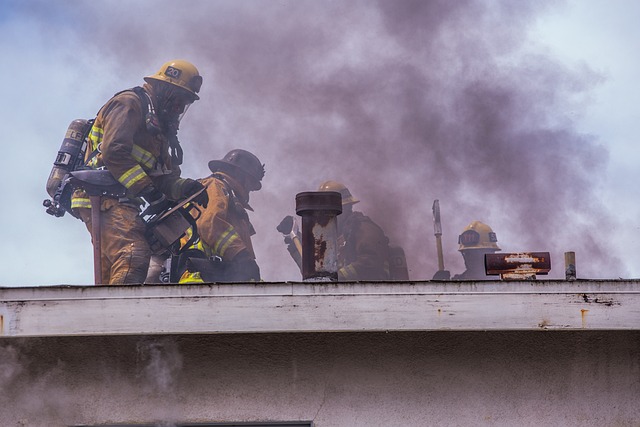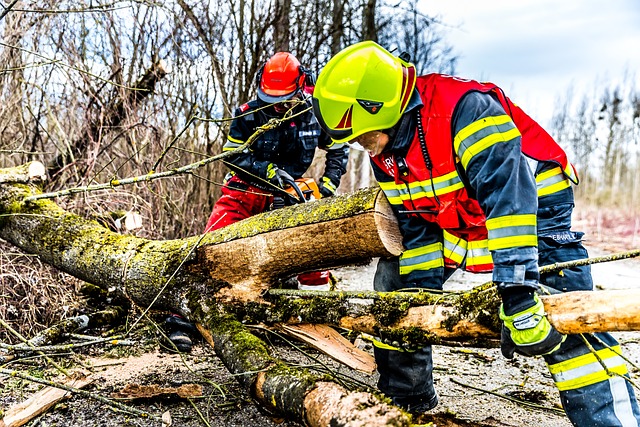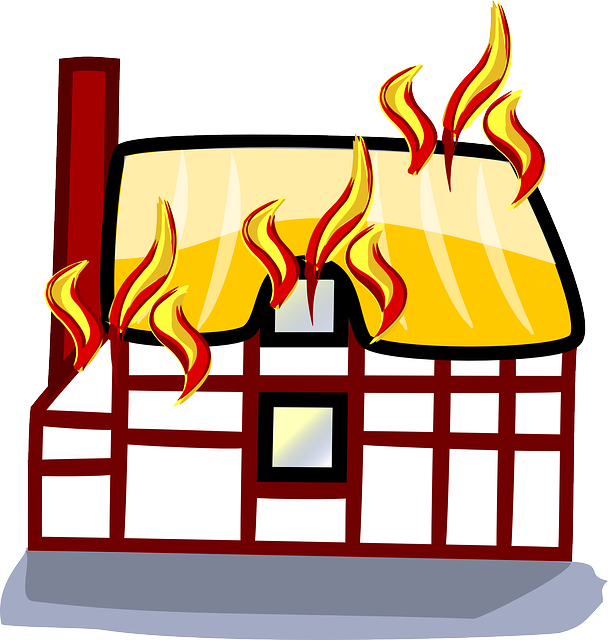California's diverse real estate market presents unique challenges with frequent wildfires damaging homes. Despite this, strong demand for properties offering high quality of life and natural beauty makes fire-damaged houses attractive. Real estate agents play a crucial role in guiding both sellers and buyers through post-fire recovery, local regulations, and successful sales strategies. They help transform damaged homes into opportunities by leveraging market knowledge, coordinating restoration efforts, and employing tailored marketing for sell fire damage house California.
In California, where the real estate market is both dynamic and diverse, understanding the unique challenges of selling fire-damaged properties is crucial. This article delves into the multifaceted role of real estate agents in facilitating the sale of these homes, offering insights into strategies, legal considerations, and insurance aspects. If you’re looking to navigate the process of selling a fire-damaged house in California, this guide provides essential information tailored to your needs.
- Understanding the California Real Estate Market: A Landscape for Fire Damage Properties
- The Role of Real Estate Agents in Selling Fire-Damaged Homes
- Strategies and Expertise: How Agents Help in Disposing of Fire-Damaged Properties
- Legal and Insurance Considerations: Navigating the Sale of Fire Damage Houses in California
Understanding the California Real Estate Market: A Landscape for Fire Damage Properties

California’s real estate market is diverse and dynamic, with varying trends across its numerous regions. When it comes to selling fire-damaged homes, California presents a unique landscape. The state has seen its fair share of wildfires, particularly in recent years, which has left many properties requiring renovation or rebuilding. Despite this challenge, there’s a growing demand for housing, especially in areas that offer a higher quality of life and natural beauty, making fire-damaged houses attractive to the right buyers.
Real estate agents play a crucial role in navigating this market, helping both sellers and buyers understand the value and potential of these properties. Agents can provide insights into the post-fire recovery efforts, local building regulations for reconstruction, and the steps needed to sell a fire-damaged home successfully. This process involves careful marketing strategies to attract buyers who appreciate the opportunities that come with purchasing and revitalizing these unique California properties.
The Role of Real Estate Agents in Selling Fire-Damaged Homes

In the aftermath of a fire, homeowners in California often turn to real estate agents for guidance and assistance when looking to sell their damaged properties. These professionals play a pivotal role in navigating the unique challenges that come with selling a fire-damaged house. Their expertise lies in understanding the market dynamics specific to such situations, ensuring a fair and swift transaction.
Real estate agents equipped with knowledge of California’s real estate laws and regulations related to fire damage can help homeowners understand their rights and options. They can assist in estimating repair costs, advising on potential insurance claims, and marketing the property effectively to attract buyers who may be interested in rehabilitating or rebuilding. Through their network and market insights, agents can connect homeowners with contractors, inspectors, and even buyer groups specializing in purchasing fire-damaged homes, facilitating a smoother selling process for California residents.
Strategies and Expertise: How Agents Help in Disposing of Fire-Damaged Properties

When a home in California sustains fire damage, real estate agents play a crucial role in navigating the complex process of selling. Their expertise lies in understanding the unique challenges and regulations surrounding fire-damaged properties. Agents are well-versed in helping homeowners navigate insurance claims, ensuring compliance with local building codes, and marketing these homes effectively to potential buyers who may be looking for opportunities.
They employ specialized strategies such as coordinating with restoration professionals, documenting the damage accurately, and presenting the property in the best light to attract buyers. Through their knowledge of the real estate market, agents can guide clients on pricing adjustments, staging tips, and marketing techniques tailored to sell fire-damaged houses in California efficiently.
Legal and Insurance Considerations: Navigating the Sale of Fire Damage Houses in California

When it comes to selling a fire-damaged home in California, real estate agents must be well-versed in legal and insurance considerations. This process is unique compared to traditional real estate transactions due to the potential for hidden costs and legal complexities stemming from fire damage.
Agents should advise clients on navigating insurance claims, understanding coverage limits, and disclosing any known issues to prospective buyers transparently. California law requires disclosure of material defects, so agents must be diligent in identifying and communicating potential concerns related to fire damage to ensure a smooth sale process for all parties involved. This includes assessing structural integrity, potential mold growth, and the overall impact on the property’s value, helping both sellers and buyers make informed decisions regarding the sell of a fire-damaged house in California.
In the competitive California real estate market, selling a fire-damaged home can be a complex process. However, with the guidance of experienced agents specializing in this unique niche, navigating the legal and insurance considerations becomes more manageable. These professionals employ specialized strategies to effectively market these properties, ensuring fair prices for homeowners while fostering a swift transition. When it comes to selling a fire-damaged house in California, having the right agent makes all the difference, streamlining the process and delivering positive outcomes for all involved parties.






